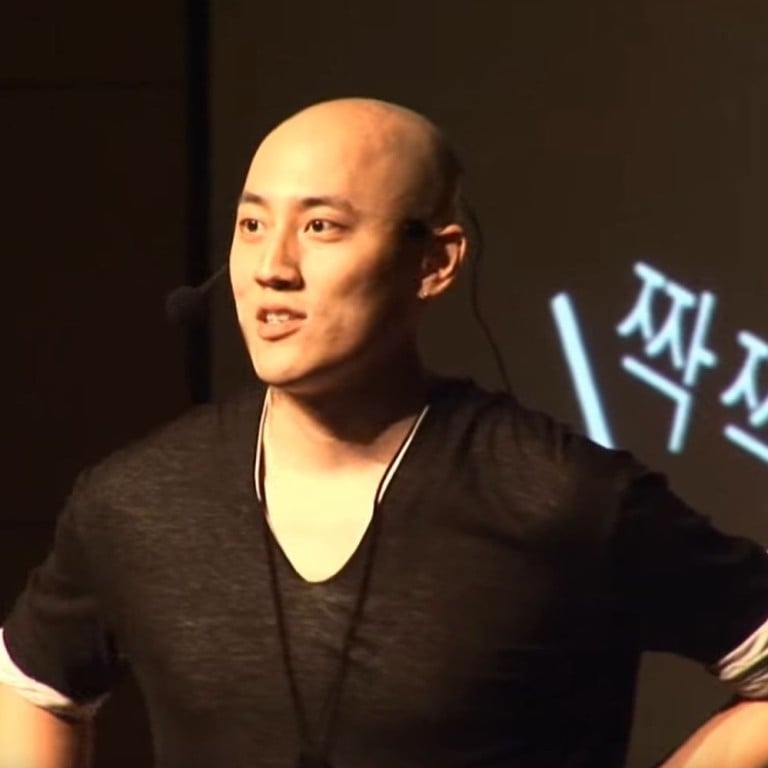From Crash Landing on You to Secret Garden, K-drama loves chaebols, but who are Korea’s real-life business heirs – and are they single?

The top 31 chaebols, including LG and Hyundai, made 66 per cent of all South Korea’s exports in 2018, but some heirs have been accused of avoiding military duty and tax evasion – TV aside, who are Korea’s wealthiest heirs?
There is a Korean word, chaebol, meaning a large industrial conglomerate in South Korea, usually run by an owner or its family. It consists of many affiliates and is controlled by a strict hierarchical system.
According to The Federation of Korean Industries, the top 31 chaebols took 66.3 per cent of entire export revenue from Korea in 2018. However, these organisations face a lot of criticism, including allegedly cosying with the government, avoiding national military duty and tax evasion.
So who are the real life chaebols? We take a look at the richest business empires and most successful heirs in Korea today.
LG
Founded in 1947, LG is the fourth-largest chaebol in Korea. LG makes electronics, chemicals and telecommunication products and operates subsidiaries such as LG Display, a global market leader of OLED TV, LG Electronics, LG Uplus, LG Chem, and LG Household and Health Care. The conglomerate was established as Lucky Chemical, which is now LG Chem.
Lucky and its affiliates recorded many first-made-in-Korea stamps. Lucky Chemical produced the first PVC pipe in Korea in 1956. In 1958, LG founder Koo In-hwoi founded GoldStar (now LG Electronics), which made the first radio and the first automatic telephone in Korea. The two companies were merged and formed LG in 1983.
Koo Kwang-mo (41), chairman of LG Group
Koo became LG Group chairman at the age of 40 in 2018 when late chairman Koo Bon-moo passed away. He is the largest shareholder of LG Holdings, with 15 per cent of the whole stocks. Koo is known as a smart, polite and open-minded leader who sometimes goes to the company cafeteria to eat ramen. He is the late Koo Bon-moo’s nephew and was adopted by Koo in 2004 to become the successor, following the LG family's firstborn-son successor principle. Koo's only son died in 1994.